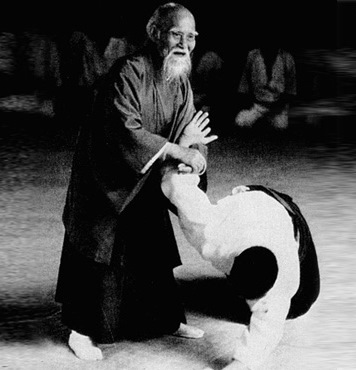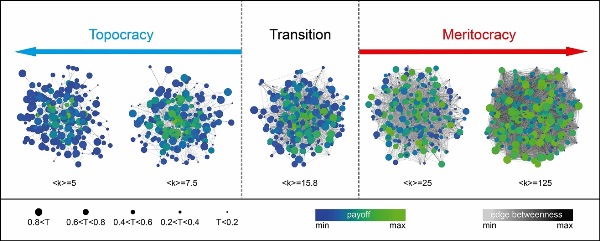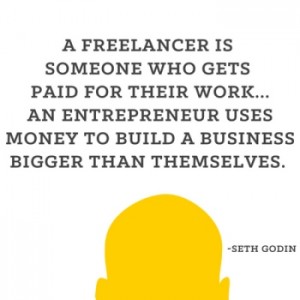The value of inter-mediation for job search is moving towards reputation management. While before it was mainly making the job or the applicant visible and creating the connection, today’s platforms allow the potential employer to check the applicant’s reputation. This explains why once-major site posting players such as Monster.com etc are now being overtaken by sites that add reputation measurement.

That is one of the most interesting conclusions from Valeria Maltoni’s excellent post where she summarizes what is happening now on the front of job posting and job search, with different types of web-based sites and engines.
This reputation check happens in several ways:
- on social-network based sites like LinkedIn, through the person’s network and reputation; and possibly on what the person published or linked as well.
- On freelance hiring sites, reputation is acquired through the successive feedback from clients at the end of the jobs, which in effect rates the reputation of the person.
While providing the reputation data was once a service provided only by a few head-hunters for executives, this value of inter-mediation is now expected by most future employers and for most types of jobs.
Enhancing once’s reputation on the web is thus not any more an option, it is mandatory if you want to be successful in tomorrow’s marketplace – and even for conventional jobs!






 “Fitting in and belonging are not the same thing, and, in fact, fitting in gets in the way of belonging. Fitting in is about assessing a situation and becoming who you need to be to be accepted. Belonging, on the other hand, doesn’t require us to change who we are; it requires us to be who we are.” – Brene Brown in ‘
“Fitting in and belonging are not the same thing, and, in fact, fitting in gets in the way of belonging. Fitting in is about assessing a situation and becoming who you need to be to be accepted. Belonging, on the other hand, doesn’t require us to change who we are; it requires us to be who we are.” – Brene Brown in ‘



